While the dust is still settling around the Greensill saga, today another story hit the Banking Industry. Bloomberg reported that Nomura said in a statement in Tokyo today that the estimated amount of its claim against an unnamed U.S. client was about $2 billion.
The client is Archegos, according to people familiar with the matter. And Nomura’s shares are tumbling as a result, they dropped 16% already today.
Credit Suisse is another of the banks to be hit by the scandal, with their shares reported to have tumbled 14% today, as they struggle to clear the damage recently caused by the Greensill scandal.
Nomura and Credit Suisse say they face potentially “significant” losses as some of the world’s biggest banks tally their exposure to the massive unwinding of bets by Archegos Capital Management https://t.co/v5MC4saIcz
— Bloomberg (@business) March 29, 2021
It appears for now, that the largest amount of disruption will be felt by Nomura and Credit Suisse, whether others will join that list will remain to be seen.
Bill Hwang, and the liquidation of over $20 billion of positions
A devout Christian, Hwang has never been well known amongst the Wall Street elite, preferring to support initiatives like the Fuller Theology Seminary in California amongst others.
“He was the best salesman we had,” Julian Robertson, of the vaunted Tiger Empire, said in a 2006 interview about Hwang. “He introduced us to Korea. No one was focusing on Korea back then and we hired him soon after.”
After Tiger Management shut down, Robertson seeded Hwang with about $25 million for his own firm. “He’s had a meteoric rise,” Robertson said at the time.
Bill Hwang has been involved in the Capital Markets in Asia for well over a decade. One of his first roles was as founder of Tiger Asia Management, a multi-billion dollar hedge fund and one of the largest investors in Asian financial markets.
Here is a bit more about Hwang’s philosophy, where he mentions God fairly frequently:
Hwang is also the CEO of Grace and Mercy, a Foundation that supports the poor and oppressed, and helps people learn, grow, and serve. It may explain his approach to the Gospel and God in his online activities.
And, it all looked very rosy for Hwang back in the early 00s, but then a series of scandals hit. First the Securities and Exchange Surveillance Commission (SESC) from Japan stepped in back in 2013 to fine Tiger Asia Partners a colossal 67.7 million yen penalty.
In October 2014, Hwang was banned from trading in Hong Kong for 4 years. This story was related to using insider information to trade Chinese bank stocks.
At the time it was alleged that under Hwang’s direction, Tiger Asia shorted the stock in Bank of China Ltd, making a HK$9.1 million profit after transaction costs.
Even as the Market Misconduct Tribunal was investigating Tiger Asia Management for their alleged misdemeanours, Hwang had already changed the name of his fund to Archegos.
One might say, that the writing was on the wall. With his shorting strategies there was always the chance of disruption on the horizon.
Many of us noted a steep sell-off on Friday last week, but not many were aware of what had caused this disruption. With stories about how Chinese stocks were dipping due to monetary policy decisions in China, Archegos was probably an unknown to many on Friday evening.
Nomura’s exposure to Archegos
Nomura is one of the largest securities companies in the world, and they hail from Japan. With offices across the world they have been taking on the world’s largest investment banks for years.
In 2008 Nomura bought out Lehman’s Europe investment bank arm and it has taken them a mighty effort to clear the debt on the acquisition, with Nomura only posting serious profits for the first time in years last February.
Just over a year ago, Kenji Teshima, head of investment banking for Asia, shared that Australia and India contribute about 20 percent and 15 percent of Asia investment banking revenue outside of Japan, respectively, while China is the biggest market, making up about 40 percent.
It will have had a lot to do with the lure of Chinese equities that Archegos were involved with, that Nomura raised their exposure to Hwang’s firm.
While Nomura had a bumper year in 2020, this latest story may delay their full recovery. Chief Executive Officer Kentaro Okuda is trying to diversify the business as well as strengthen. Today he had to cancel the issuance of U.S. dollar denominated debt that was priced last week. The deal had been for $3.25 billion and was due to settle Monday.
Many commentators have mentioned ViacomCBS in relation to the Archegos story, and there is some link. And some disruption.
Turbulence in China
Markets in China were already struggling last week, here is a recap to our story explaining the turbulence:
2020 wasn’t a good year for China’s debt ratio. In a recent story it was reported that Beijing was renewing emphasis on debt reduction, whilst expecting the ratio of debt to gross domestic product (GDP) – to stay “generally stable”. #Hawkish #RipRoaring https://t.co/m0uIdmj8ef
— #DisruptionBanking (@DisruptionBank) March 25, 2021
However, the real story happened when ViacomCBS’s $3 billion stock offering through Morgan Stanley and J.P. Morgan fell apart. Naturally, stock was dumped as soon as the stock offering was withdrawn, with many investors caught long on ViacomCBS.
Then came the ‘margin calls’ and the scrap to lower exposure to the fallout. Goldman Sachs, Morgan Stanley, Credit Suisse and Deutsche Bank all put pressure on Archegos to liquidate much of its China internet names through unregistered trades (according to one unnamed trader). This would have been hard to see for normal investors, but would have been going on during the drop in prices of Chinese stocks that we all witnessed last week.
Baidu, Tencent and Vipshop were some of the Chinese stocks hardest hit, dropping 18%, 33% and 31% respectively last week according to CNN. How much of those drops was down to the Archegos disruption is hard to quantify, but it certainly didn’t help.
Unusually, Goldman emailed clients late Friday to inform them that it had in fact been one of the banks selling (Archegos positions). The email, a copy of which was seen by Bloomberg, detailed a total of $10.5 billion in trades, but it didn’t name Hwang or Archegos.
Who is at Fault?
Some commentators say that Goldman Sachs deemed Archegos so risky that they refused to do business with Bill Hwang as recently as late 2018.
Bill Hwang, a former hedge fund manager who’d pleaded guilty to insider trading, was deemed such a risk by Goldman that as recently as late 2018 the firm refused to do business with him. Those misgivings didn’t last. https://t.co/0USIXMIctv
— Bloomberg (@business) March 29, 2021
The stance changed later though as Goldman Sachs joined with other investment banks to milk the whale that some have called Hwang’s firm.
But, on Friday, Archegos dumped more than $20 billion of stocks. Up till then the ‘family office’ of Archegos had been bigger than many of the biggest hedge funds in the world. Today, it is decidedly smaller.
The story raises significant questions about governance in the global capital markets. Whilst many were pointing their fingers at China’s shaky audit processes, another major oversight by the major investment banks from the U.S., Switzerland and Japan has left a rather sour aftertaste.
Much as we have had to look for answers to the Greensill saga from the British government, the repercussions for Archegos will be even deeper and potentially even more complicated.
This is not like Gamestop, where shorting was also used. Gamestop disrupted the markets heavily already showing that shorting can be dangerous, especially if regulation is not followed correctly. The Archegos story is a bigger problem, that isn’t going to just affect one little retail business in the U.S. and a few traders on social media.
How will the investment banks replace the missing $20 billion?
And what must Elizabeth Warren be thinking today?
Author: Andy Samu
#Nomura #Lehman #CreditSuisse #InvestmentBank #Archegos #SESC #TigerAsia #MarginCall #GraceAndMercy





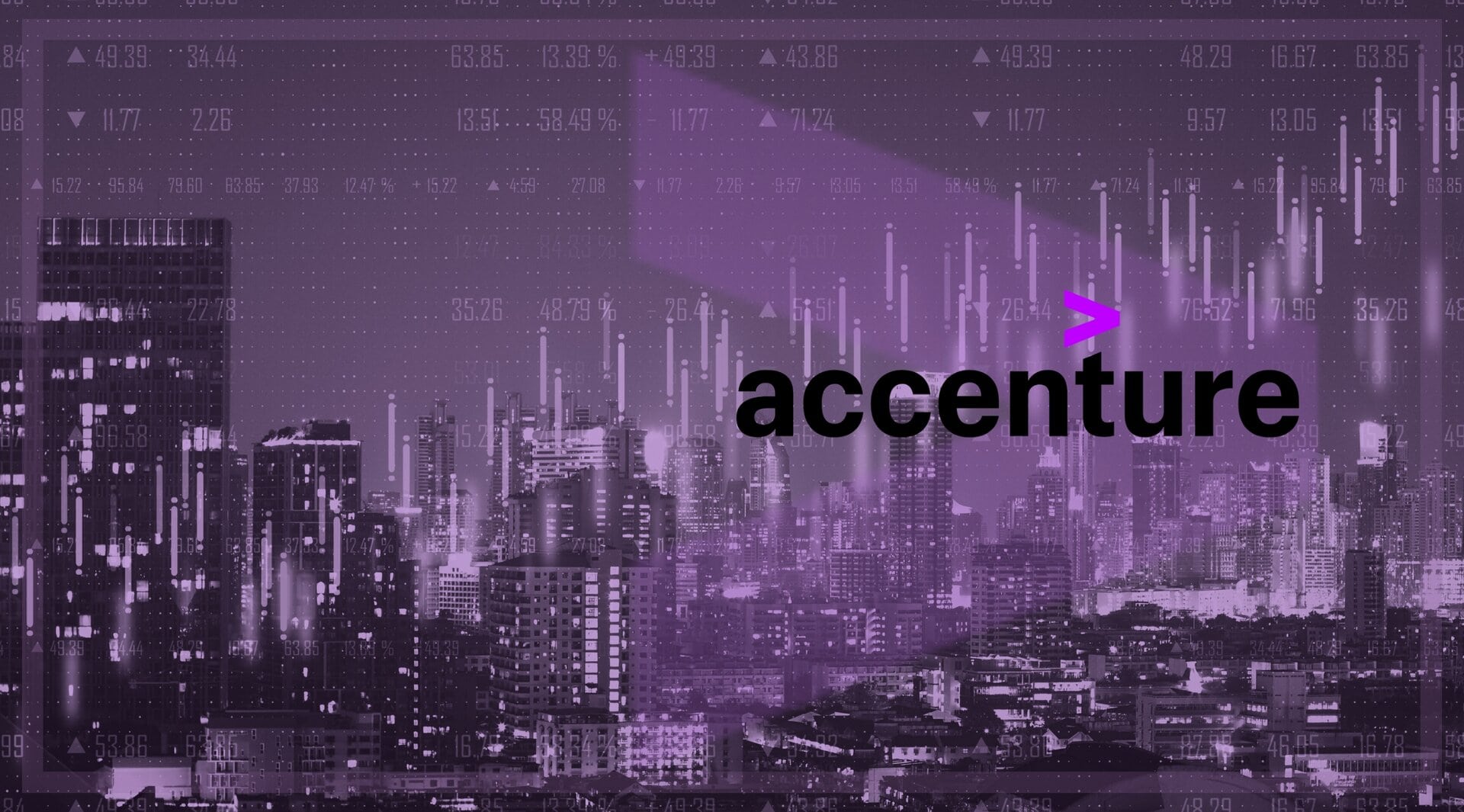
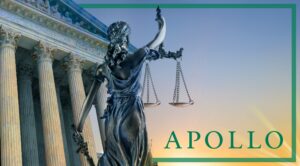
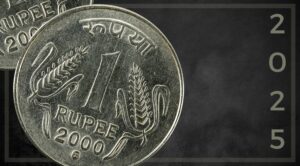

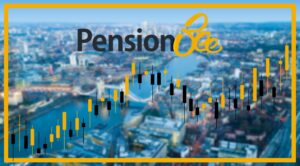


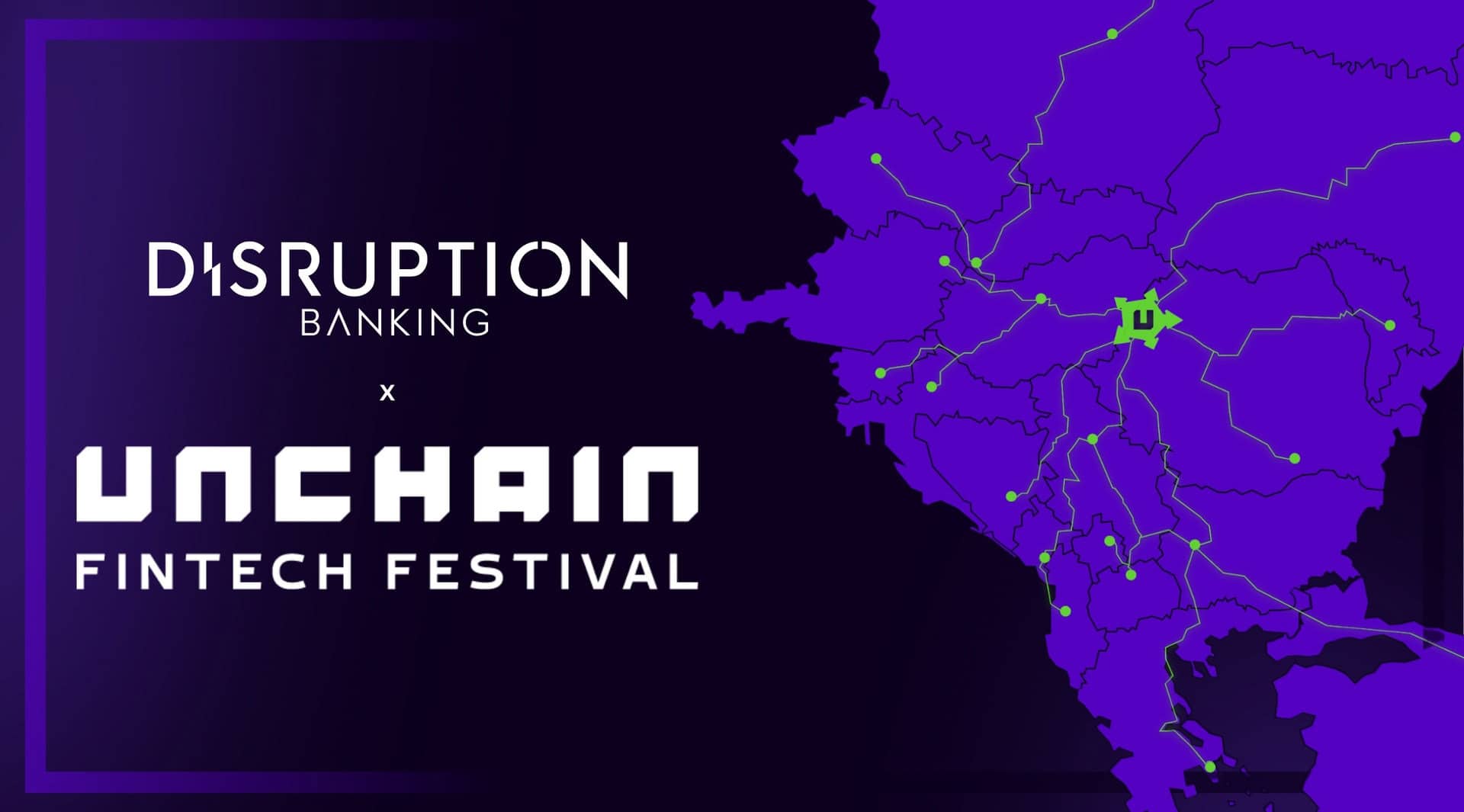
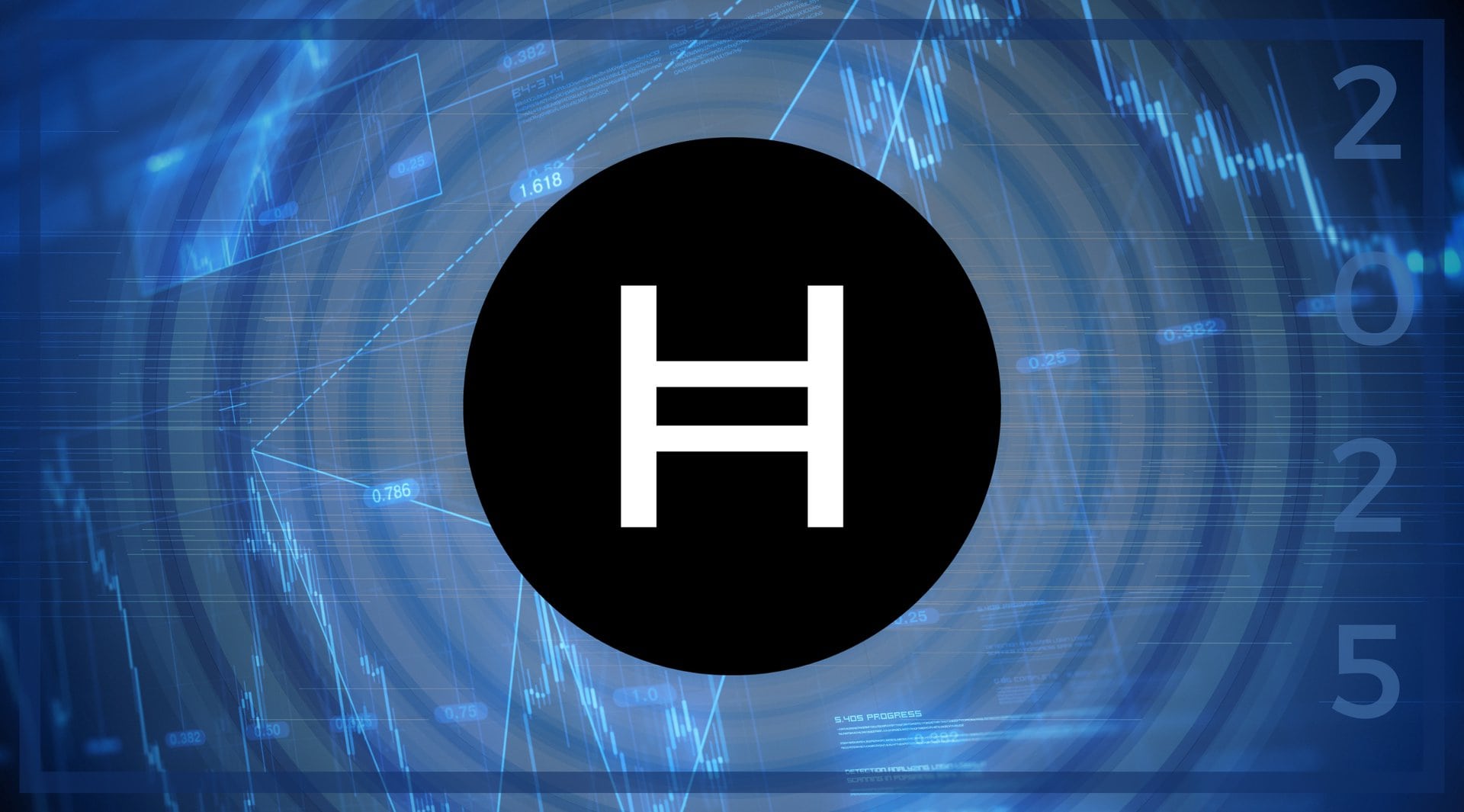
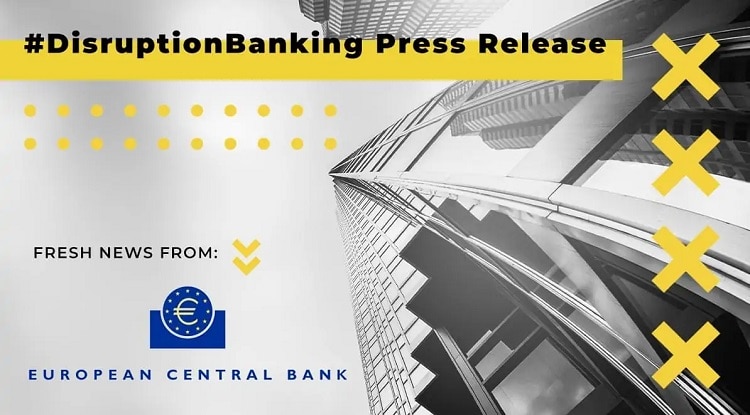

One Response